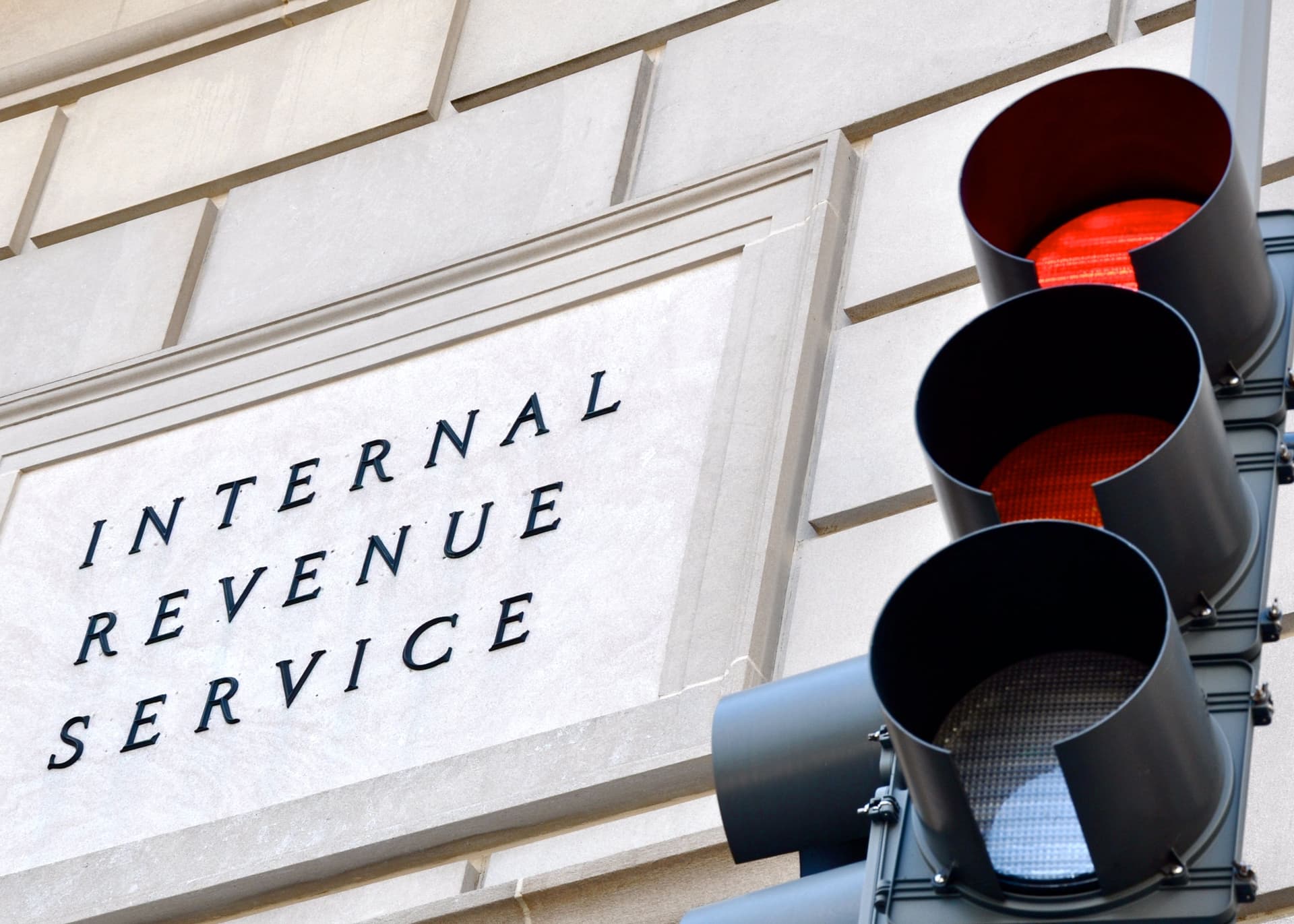IRS to deny ‘tens of thousands’ of dubious ERC claims
It’ll prioritize processing low-risk claims, but don’t expect a speedy resolution.

Marcnorman/Getty Images
• less than 3 min read
If you’re waiting to hear back from the IRS about Employee Retention Credit (ERC) claims, you may have to wait a little longer.
The IRS has completed an analysis of more than 1 million ERC claims and found that the “vast majority” are suspect. As a result, it’s continuing the moratorium it placed on ERC claims in September 2023, and plans to deny “tens of thousands” of claims that it’s classified as “high-risk.”
Promoters using “aggressive marketing” tactics have convinced businesses to file claims for ERC credits they weren’t eligible for, the agency said in a press release. The IRS found that some 10%–20% of ERC claims are “high-risk,” while 60%–70% present “unacceptable” risk.
“We will now use this information to deny billions of dollars in clearly improper claims and begin additional work to issue payments to help taxpayers without any red flags on their claims,” IRS Commissioner Danny Werfel said. The agency will continue to process the 10%–20% of claims it deems “low-risk.”
The first of the payments from this round should come out “later this summer,” the release said. But don’t expect a speedy response: Werfel calls ERC credits some of the “most complex” that the IRS has administered,"and we continue to ask taxpayers for patience." Payments will be made at a “dramatically slower pace” than during the pandemic, “given the need for increased scrutiny.”
If you’ve made a claim, you don’t need to do anything. Simply wait to hear from the IRS, and don’t call its hotlines, which probably won’t be able to provide information on the claims.
Companies have filed around 3.6 million claims totaling more than $232 billion since Congress authorized the ERC in March 2020, the Washington Post reported. The IRS is reportedly planning to ask Congress to quash the ERC before its scheduled April 2025 expiration date.
News built for finance pros
CFO Brew helps finance pros navigate their roles with insights into risk management, compliance, and strategy through our newsletter, virtual events, and digital guides.
News built for finance pros
CFO Brew helps finance pros navigate their roles with insights into risk management, compliance, and strategy through our newsletter, virtual events, and digital guides.